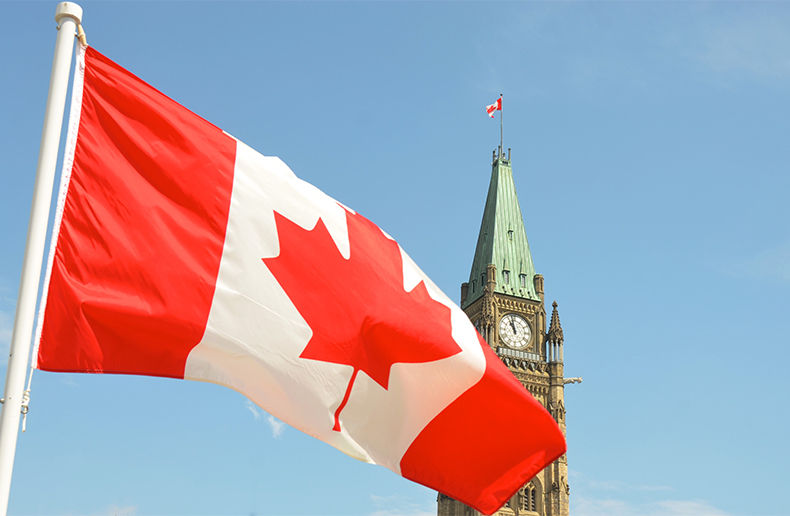The Conference for Advanced Life Underwriting (CALU) has published the submission it made to the federal government during its 2024 pre-budget consultations. The list of recommendations focuses on strengthening small businesses, Canada’s retirement system and incentivizing small businesses to continue offering a dental plan alongside recently rolled out public system coverage.
To begin with, CALU is asking the government to support the successful transition of small businesses to family members by expeditiously introducing and enacting the final legislation amending section 84.1 of the Income Tax Act.
“We believe there is some urgency in releasing the final legislation to provide small business owners greater certainty in planning for their business succession,” say the recommendations.
CALU, which is Canada’s national association for leaders in the life insurance and financial advisory industry, is also suggesting the government attend to the decline in self-employment.
Recent data from Statistics Canada indicates the number of self-employed Canadians has dropped from a peak of approximately 2.84-million in May 2018 to 2.63-million in May 2023, a decline of about 7.4 per cent.
Additionally, CALU recommends changes to Registered Retirement Savings Plans (RRSPs) and Registered Retirement Income Funds (RRIFs), by allowing unused RRSP contribution room to be annually indexed to partially compensate for the loss of tax deferred savings due to the deferral of contributions resulting from other financial priorities.
CALU is also asking the government to permit RRSP contributions to continue past age 71 and modify RRIF payout requirements to allow more funds to remain tax-sheltered, allowing RRIF holders to exclude up to $160,000 (indexed) from the application of the RRIF minimum payment formula until the RRIF holder attains age 85.
“Some seniors consequently fear they won’t have sufficient retirement income later in life due to tax rules requiring them to withdraw money from their RRIF by age 71 without the financial need to do so,” says the CALU submission. “Moreover, some seniors in financial need are finding their funds significantly diminished due to taxes payable on the withdrawn funds and loss of tax sheltering within the RRIF.”
In its fourth recommendation, CALU says it wants the federal government to incentivize businesses to continue to offer dental plans to employees, even after the Canadian Dental Care Plan (CDCP) is fully rolled out.
The recommendations say, “without proper design, the CDCP may incentivize businesses — and particularly small businesses — to drop their existing employee dental plans in favour of the federal plan.”
CALU is proposing a 35 per cent refundable tax credit for the cost of dental care programs for employees of qualifying small businesses.














